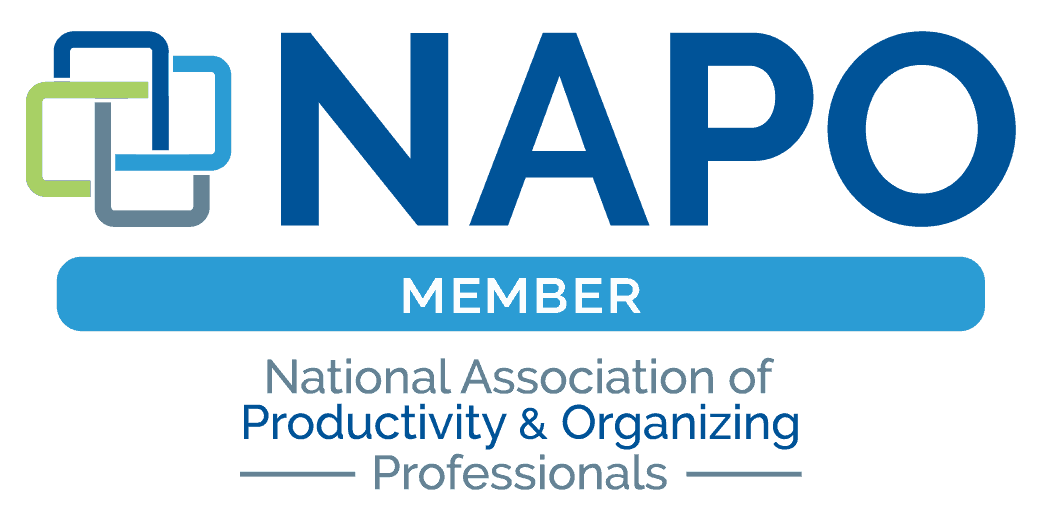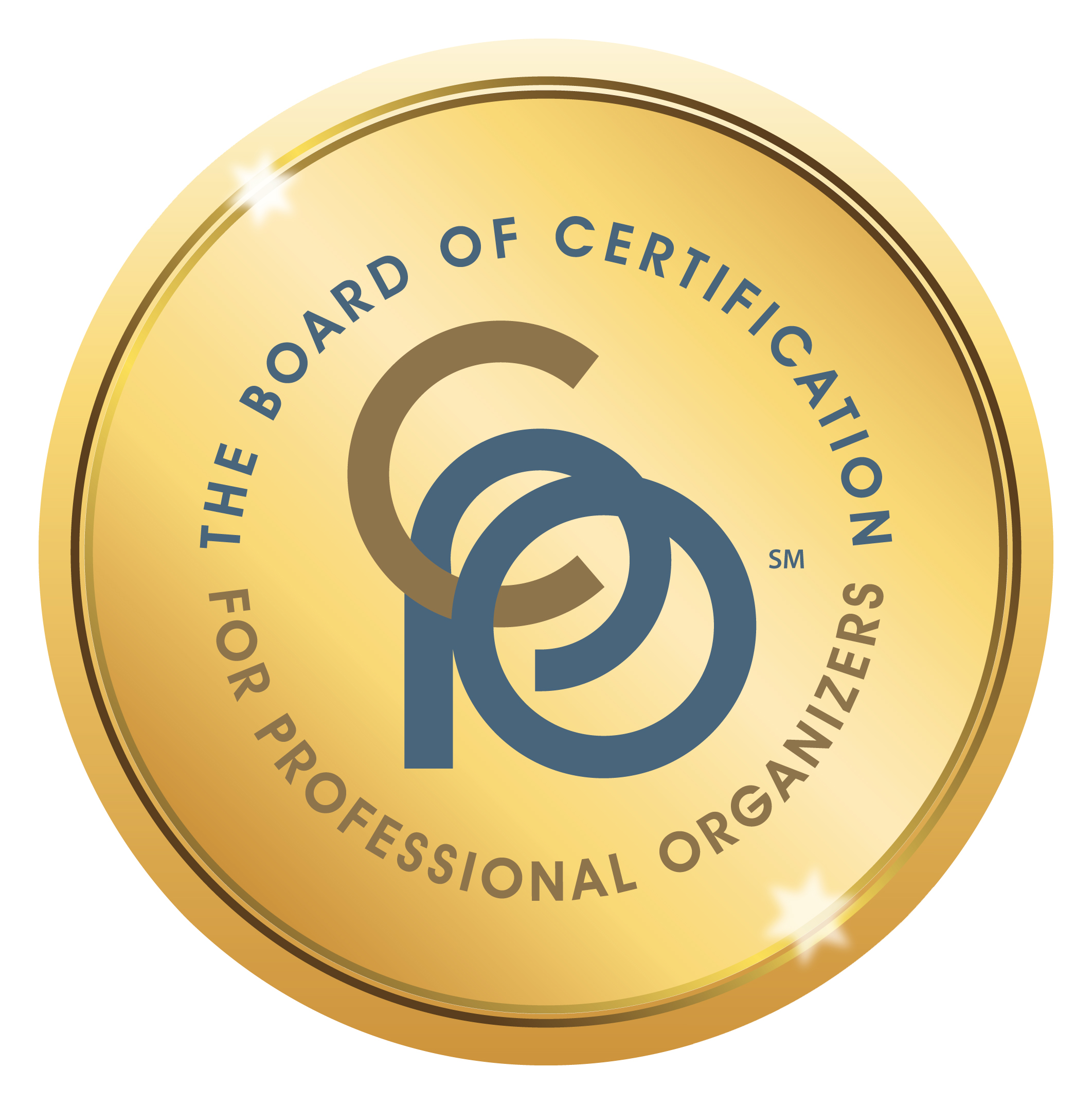In Order Blog
Why Our Mobile Phones Aren’t Always Helpful
How often do you believe you check your smart phone? While you might be tempted to think, “not that often”…. according to a recent study, the typical American checks their phone an average of every 12 minutes, or roughly 80 times a day. Does that surprise you?
And how long do you feel you can go without sneaking a peek at your phone? Four hours was reported to be the maximum passage of time people could endure before needing to check their phone. Further, the study reported that one out of three people experience anxiety when physically separated from their phone.
How Does It Affect Our Brains?
Have you ever left the house only to race home when you realized, in a panic, that you’d left without your phone? You’re not alone; that anxiety of being separated from your phone is real. In fact, researchers have demonstrated changes in a person’s breathing, perspiration, and heart rate when sending text messages to their phone which was placed just out of reach.
And let’s take a further look at how we’re affected by checking for messages or social media on our mobile devices. Dopamine is the brain chemical that causes happiness, and studies show it is released every time we get feedback from our phone – say a text from a friend, or a “like” on Facebook or Instagram.
Sadly, scientists report the brain’s need for dopamine is the same impetus for compulsive gambling behaviors, and cocaine addiction. Because dopamine is pleasurable/feels good, we keep checking our phones to receive a “hit.” But at what cost?
We tend to be less productive when constantly checking our devices.
Dr. Gloria Mark, who studies digital distraction at U.C. Irvine, reports that when we are interrupted from a task, either in person or digitally, it can take up to 18 minutes to regain our level of task focus prior to the interruption. Can you see why it might seem like it’s taking you longer to get a project done? Because your distractions constantly derail your ability to keep momentum going on a task.
At the end of the summer, I took a vacation where I had practically no internet connectivity for over a week; on the rare days we did have a connection, it was so painfully slow it wasn’t worth using. For the first few days, it felt like withdrawal – no hit of pleasure-causing dopamine, no awareness of what friends and family were doing (cue FOMO), no ability to share my experiences. But, after the first few days, it felt incredibly liberating. I was free to absorb, to focus, to really be present.
Are you curious about taking back control of your ability to focus?
Here are some tips to help break your addictive cycle with your phone, thus increasing organization and productivity:
• Turn off all notifications. Like Pavlov’s dogs, we respond to that ding telling us we have a new mail message, text, etc. Shutting those down will minimize the pull by your phone.
• Delete social media apps from your phone. If you find you are wasting too much time on Facebook or Twitter, take those apps off your phone. If you can only access those sites from your computer, it will force you to be more deliberate about when you log on, and how much time you spend interacting on those platforms.
• While you’re away from your phone, take a few minutes to meditate. It has been shown to increase focus. Many people find it challenging to just sit and breathe; meditation allows you to slow your mind.
The more tasks you are doing simultaneously, the more difficult it is for your brain to focus. If it’s impossible for you to stay completely away from your mobile device at this time, consider installing an app like Freedom which is an app for both PCs and Macs that blocks distracting websites for the time span you select, thus helping to increase productivity.
Create “tech-free zones,” areas where you don’t allow phone use – perhaps the bedroom, bathroom, and your car.
If you own a business, or manage people in an office, create a policy of prioritizing in-person communication over email, texts, Slack, or Google Hangouts.
Increase focus by using the Pomodoro technique. This time management system, developed by Francesco Cirillo in the late 1980s, has you hyper-focus on a task for 25 minute increments, separated by a short break to come up for air and relax. Check your cell phone only during those brief breaks.
Finally, and drastically, shut your phone down!



















